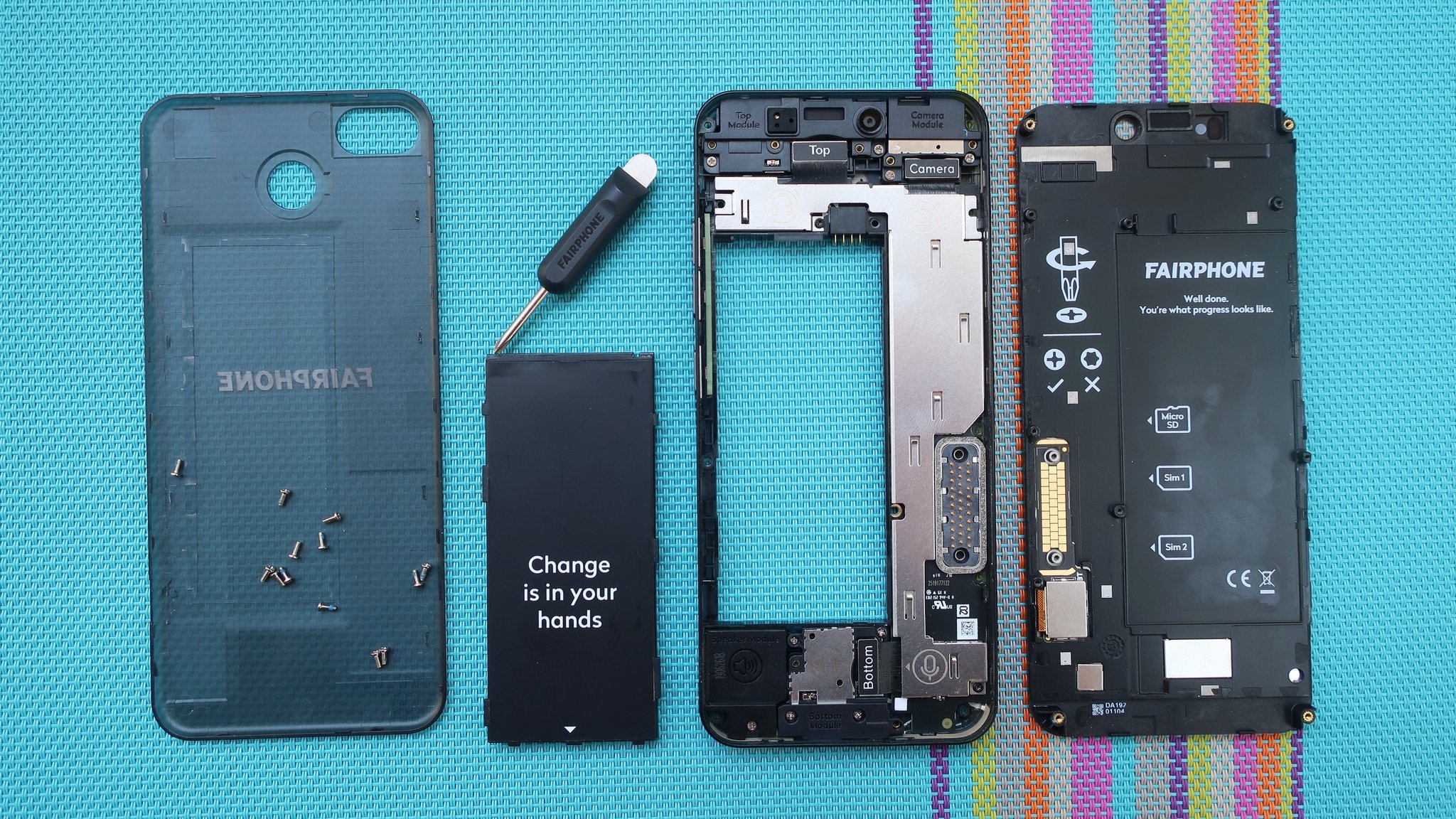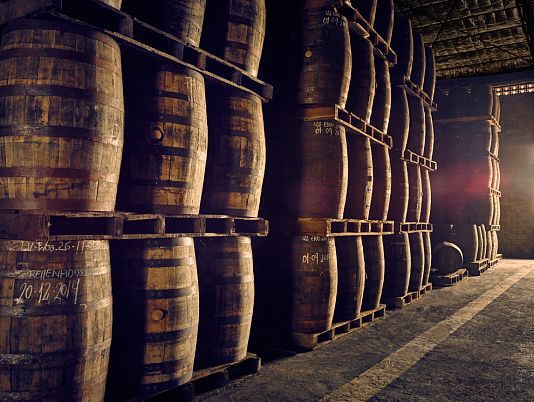Bill Shore’s book The Cathedral Within affected me profoundly. It described…..”a new movement of citizens who are tapping the vast resources of the private sector to improve public life.” In 1999, when it was released, you felt like you had only two choices: to make money in the private sector or do good working in the public sector. The Cathedral Within proposed a new model and showed, through the stories of innovative entrepreneurs, how it was possible to combine both.
Much has changed since then. More options are available to those of us who want to make a good living and make a positive impact in our communities. Here are a few.
Benefit Corporations, a type of for profit corporate entity, authorized by 35 states and the District of Columbia, that includes a positive impact on society, workers, the community and the environment in addition to profit as its legally defined goals, in that the definition of “best interest of the corporation” is specified to include those impacts. The first benefit corporation was authorized in Maryland in 2010.
B Corporation: B-Lab is a certifying organization that “creates standards, policies, tools, and programs that shift the behavior, culture, and structural underpinnings of capitalism. We mobilize the B Corp community towards collective action to address society’s most critical challenges.“
They are working to build the “B Corp movement to change our economic system — and to do so, we must change the rules of the game. B Lab creates standards, policies, tools, and programs that shift the behavior, culture, and structural underpinnings of capitalism. We mobilize the B Corp community towards collective action to address society’s most critical challenges.“
Fair Trade: The concept of fair trade has been around since the 1940’s. It started with hand-made crafts and has grown over these many years to include, not just the coffee and chocolate many of us know about, but products for our homes, gardens, pets and personal care.
“Fair Trade certification requires passing regular, rigorous evaluations by third-party auditors that track transactions along the supply chain between more than 1,200 companies and nearly 500 producer organizations.“
Becoming Fair Trade certified opens up new markets for businesses so their products compete in international markets.
“Certified entities can sell their products with the Fair Trade Certified label or seal. In addition, a percentage of the profits, called the Fair Trade Premium, goes back to the producers, farmers, and workers to promote sustainable incomes and safe working conditions. For consumers, the label or seal provides assurance that the products meet Fair Trade’s exacting standards and requirements.”





